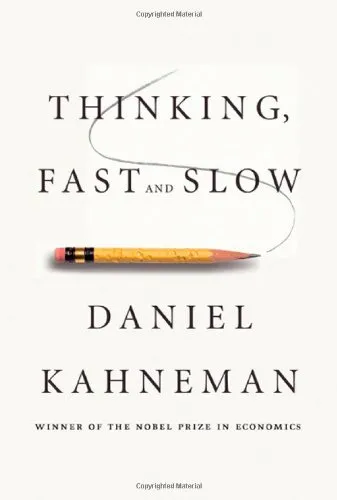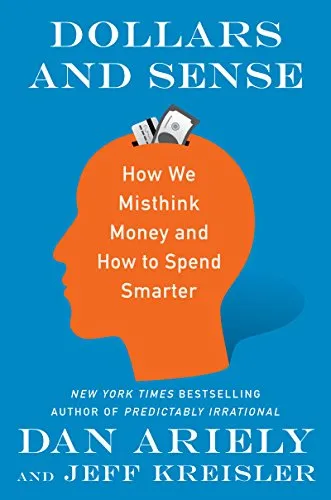The Psychology of Money and Public Finance
4.0
Reviews from our users

You Can Ask your questions from this book's AI after Login
Each download or ask from book AI costs 2 points. To earn more free points, please visit the Points Guide Page and complete some valuable actions.Related Refrences:
Introduction
Welcome to the intriguing world of 'The Psychology of Money and Public Finance'. In this enlightening book, Günter Schmölders delves deep into the intricate relationship between psychological principles and economic behavior. This book is an exploration of how emotional and cognitive factors influence financial decision-making on both personal and public scales. By understanding these principles, readers can better comprehend the motives behind economic policies and personal finance choices.
Detailed Summary of the Book
'The Psychology of Money and Public Finance' begins by examining the fundamental psychological elements that shape our attitudes toward money. Schmölders introduces the concept of economic behavior as inherently psychological, dismissing the notion that it is purely rational. The first chapters lay a foundation by discussing behavioral finance, introducing key psychological concepts like heuristics, biases, and risk perception.
As the book progresses, Schmölders connects these psychological concepts to public finance. He explores how governments and institutions are influenced by similar psychological principles. The book discusses topics such as fiscal psychology, the impact of public perception on policy-making, and the role of trust in public finance. By drawing these connections, Schmölders provides a comprehensive look at the fluid dynamics between individual psychology and broader economic policies.
The latter parts of the book focus on the implications of this relationship. Here, Schmölders discusses real-world case studies, illustrating how psychological factors can lead to financial upheaval or success. By presenting these examples, readers are encouraged to critically analyze current and historical financial events through a psychological lens.
Key Takeaways
- Psychological factors are integral to understanding economic behavior, both at a personal and a public level.
- Personal financial decisions are often driven by emotions and cognitive biases rather than pure logic.
- Public finance policies are influenced by public perception and psychological trust, affecting economic stability and effectiveness.
- An understanding of fiscal psychology can lead to better policy-making and financial strategies.
Famous Quotes from the Book
"Economics without psychology is like a bridge without foundation—it cannot stand the test of real-world stress."
"The true nature of finance cannot be understood without first understanding the minds that shape it."
"Public finance is less about the figures and more about the people; it is a reflection of human nature at a grand scale."
Why This Book Matters
'The Psychology of Money and Public Finance' is an essential read for anyone interested in the fields of economics, finance, or psychology. It provides an innovative perspective, encouraging readers to look beyond traditional theories and consider the human elements that drive economic systems. By dissecting the psychological underpinnings of money and finance, Schmölders gives readers tools to understand and navigate the complexities of financial systems more effectively.
This book matters because it bridges the gap between psychology and economics, offering insights that are crucial for policymakers, financial professionals, and anyone interested in improving their financial literacy. In a world constantly shaped by economic forces, understanding the psychological aspects of finance is more relevant than ever.
Free Direct Download
You Can Download this book after Login
Accessing books through legal platforms and public libraries not only supports the rights of authors and publishers but also contributes to the sustainability of reading culture. Before downloading, please take a moment to consider these options.
Find this book on other platforms:
WorldCat helps you find books in libraries worldwide.
See ratings, reviews, and discussions on Goodreads.
Find and buy rare or used books on AbeBooks.
1628
بازدید4.0
امتیاز0
نظر98%
رضایتReviews:
4.0
Based on 0 users review
Questions & Answers
Ask questions about this book or help others by answering
No questions yet. Be the first to ask!











